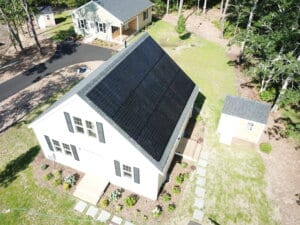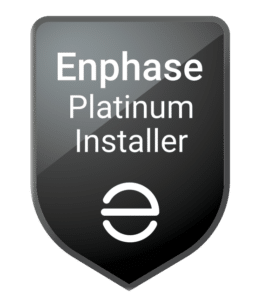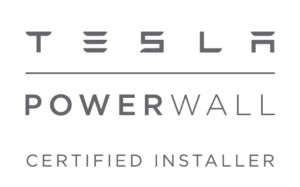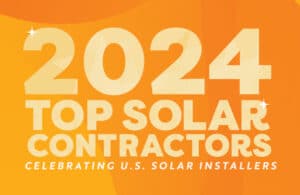
How Solar Works With Utilities
When people go solar, they are usually still tied to the grid. Thus, customers can receive electricity even if their panels aren’t producing enough to meet their usage demands. Overall, the more people install solar, the lower the stress on the grid. By slowing demand for utility-provided energy, solar also reduces infrastructure update needs. Best of all, solar decreases the amount of time utilities must turn on dirty power plants. So if that’s true, how could solar increase costs?
Well, when customers switch to solar electricity, they pay utility companies far, far less in monthly electric bills: often, nothing at all! And many utilities must buy energy back from people whose solar arrays overproduce due to net metering programs. Surprisingly, however, decreased demand doesn’t affect utilities’ income.
How Utilities Make Money
According to The Freeing Energy Project, utilities are “government-granted monopolies with exclusive rights to sell electricity in their assigned regions.” Utilities actually don’t make money based on how much electricity they sell. Instead, their profits come from “investment in the assets (the pipes, substations, transmission lines, etc.)” that provide electricity (Sightline Institute). Public officials and utility commissions highly regulate utility companies to ensure fixed prices for consumers. These government agencies also determine how much to pay the utilities, often via archaic formulas that disincentivize utility companies to innovate, improve efficiency, or optimize existing systems.
When profits are down due to solar adoption, what can utilities do? Their only option is to levy fees on their existing customers in an attempt to recoup the so-called “lost costs” of clean energy programs.
So while it’s true that people may see increased electricity costs, it’s not accurate to attribute those to solar installations. The utilities made a choice to pass their lost revenue through to their customers.
The Facts (With Citations)
- Solar owners are subsidizing their non-PV neighbors (ScienceDaily)
- Solar owners are subsidizing the utility companies (ScienceDirect)
- The effects of distributed solar on retail electricity prices will remain negligible for the forseeable future (Lawrence Berkeley National Laboratory)
- If utility companies and regulators want to address price impacts on their customers, they would do better to limit customer exposure to natural gas usage for electricity (Energy and Policy Institute)
The Real Issue
Like any outdated industry, utility companies desperately need to update their business models to accommodate change. For example, performance-based regulation (PBR) may be a better system for everyone involved, but utilities and government have been slow to modernize. Massachusetts is a leader on this front, with both Eversource and National Grid beginning to implement PBR components. However, the switch is still a work in progress. These companies’ failure to adopt metrics for achieving state climate goals led to criticism that the “Massachusetts utilities can get automatic rate increases without doing anything differently” (UtilityDive).
How You Can Help
You can be a part of the solution! First, share this article. Let’s clear up the misconception that solar increases energy costs for those without solar. Second, put pressure on your elected officials to revise outdated regulation methods. Together, we can reduce energy costs, combat climate change with renewable energy, and help utility companies innovate and succeed.
And if you’re interested in saving money for yourself and your neighbors by going solar, contact us! We’d love to offer you a free, no-contact site assessment.





